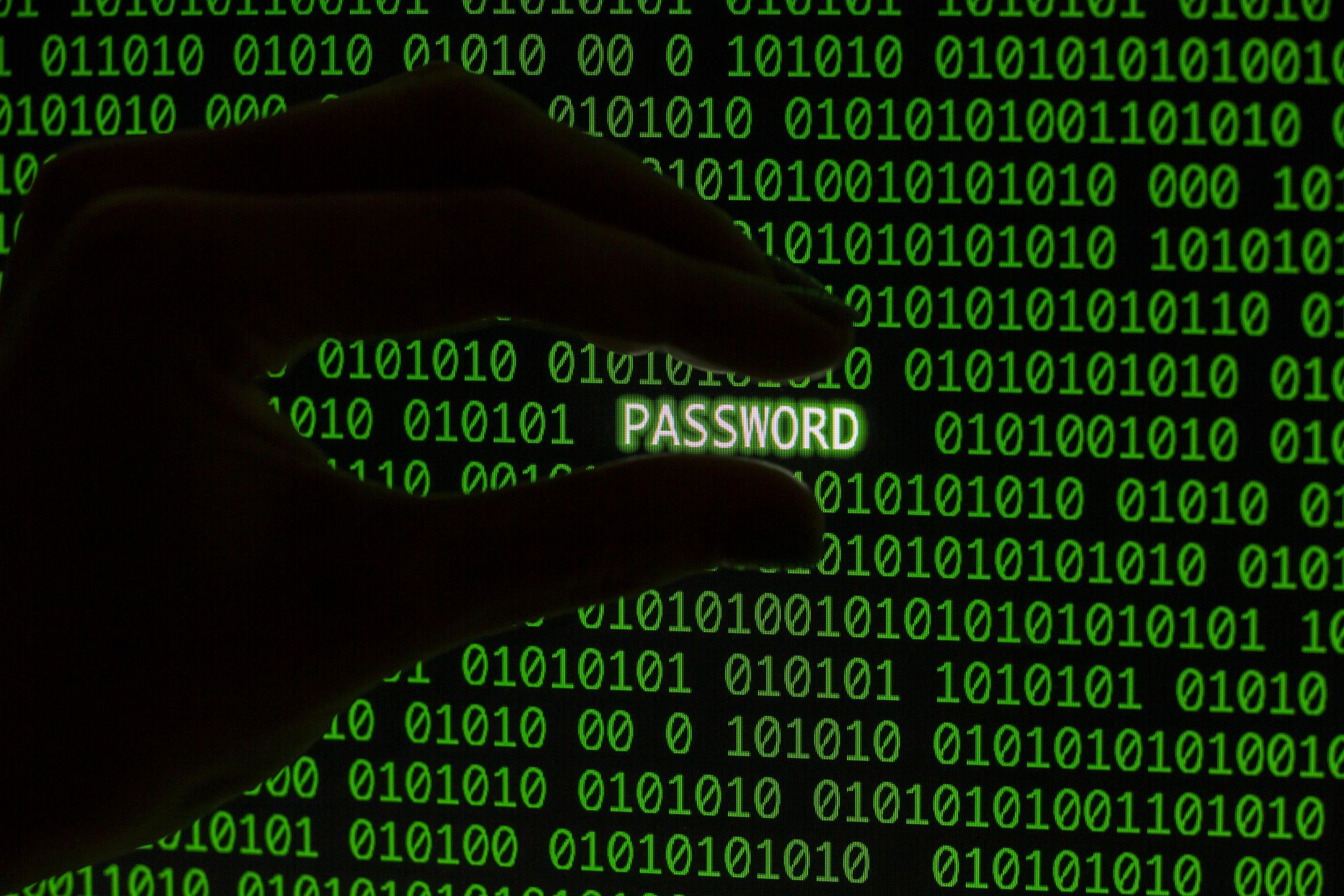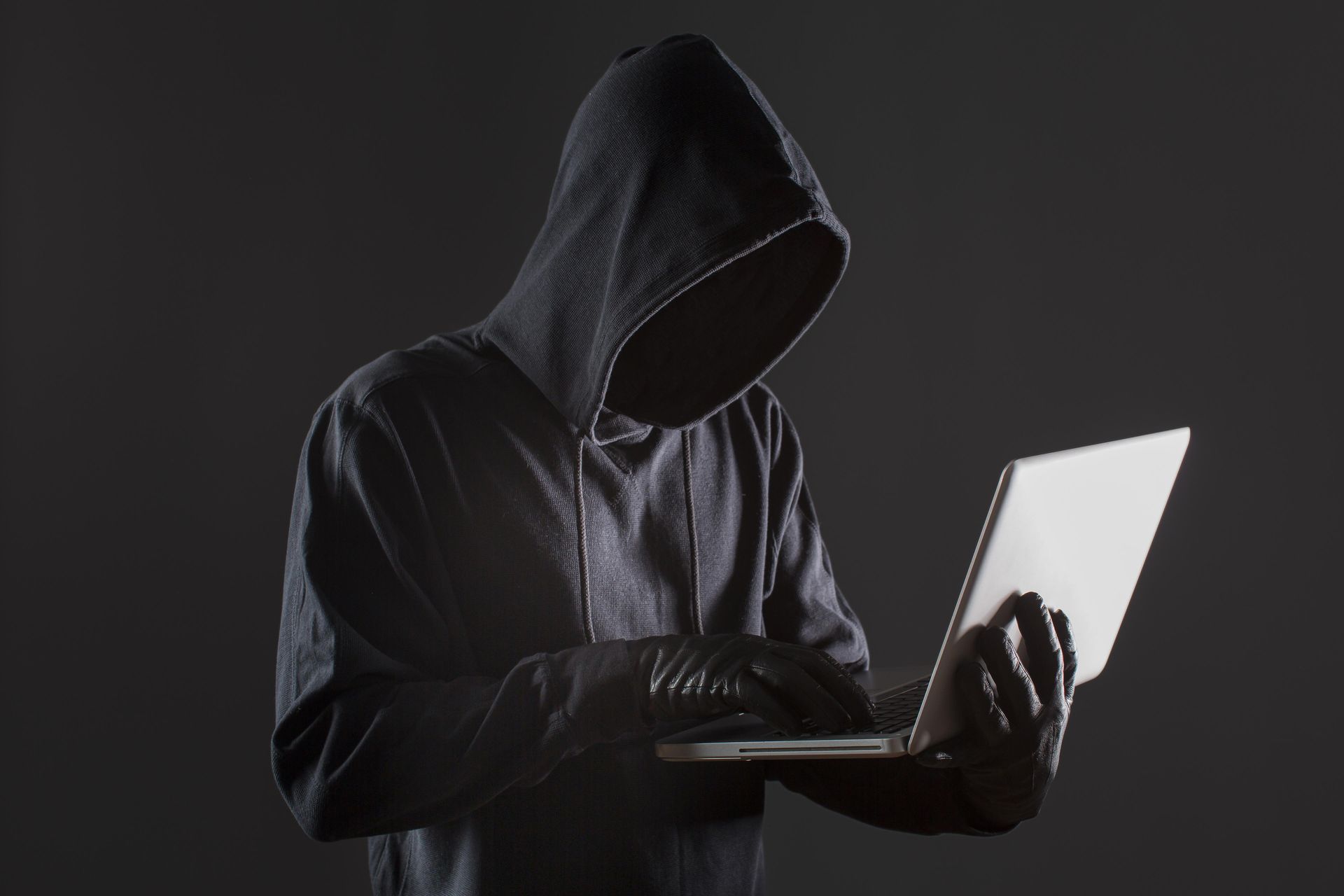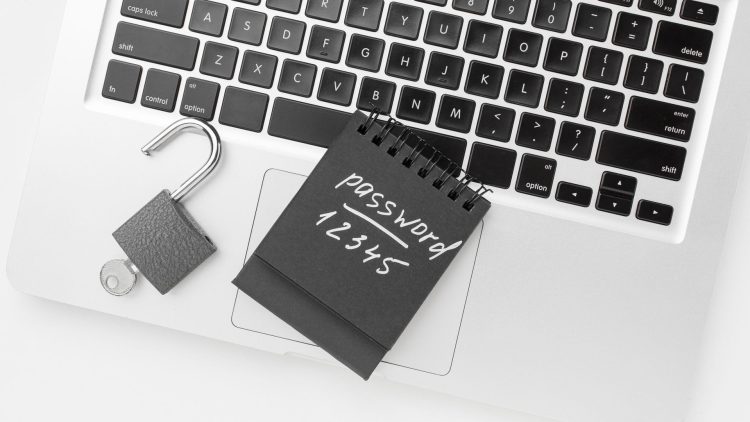The RockYou2024 password leak has set a new record, exposing nearly 10 billion passwords worldwide.
The colossal data breach, discovered by Cybernews researchers, marks one of the most significant cybersecurity incidents in recent history. The breach was made public on July 4th when a forum user named “ObamaCare” posted the extensive list of compromised passwords on a popular hacking forum.
The sheer volume of passwords, 9,948,575,739 to be exact, makes the RockYou2024 password leak the largest password compilation ever seen, surpassing previous records and sending shockwaves through the cybersecurity community.
How did the RockYou2024 password leak happen?
The RockYou2024 password leak is not an isolated incident but a continuation of a troubling trend in cybersecurity. To understand the gravity of this breach, it is essential to look back at its predecessors. The RockYou2021 password compilation, released three years earlier, contained 8.4 billion passwords and was then the largest collection of its kind. The 2021 compilation itself was an expansion of a 2009 breach involving millions of user passwords from social media accounts. Over the years, the dataset has grown exponentially, now reaching nearly 10 billion passwords in the RockYou2024 leak.

The forum user “ObamaCare” claims to have built the RockYou2024 password leak dataset by aggregating passwords from various recent data breaches. By adding 1.5 billion new passwords from 2021 to 2024, the compilation grew by 15 percent. The RockYou2024 leak is a mix of old and new data, collected from over 4,000 databases across more than two decades. This massive aggregation includes passwords from a wide range of sources, indicating that it could be utilized for various malicious activities.
A severe threat to global cybersecurity
The RockYou2024 password leak poses a severe threat to global cybersecurity. The compilation of nearly 10 billion passwords provides a substantial resource for cybercriminals. With this data, threat actors can conduct brute-force attacks and credential stuffing attacks with increased efficiency. Credential stuffing involves using the compromised passwords in the RockYou2024 dataset to gain unauthorized access to online accounts, which could lead to further data breaches, financial fraud, and identity theft.
What you need to know about Mother of All Breaches (MOAB)?
Brute-force attacks, another potential misuse of the RockYou2024 password list, involve using automated scripts to try numerous password combinations in rapid succession. The availability of such a vast password compilation significantly increases the success rate of these attacks. Cybernews researchers emphasize that the risk extends beyond individual accounts, potentially compromising entire systems and networks that are not adequately protected against these attack methods.
Not the first incident
This is not the first time the cybersecurity world has faced such a massive password leak. The RockYou2021 leak, which now seems dwarfed by the RockYou2024 password leak compilation, set the stage for understanding the scale and impact of such breaches. The RockYou2021 leak contained 8.4 billion passwords, collected from numerous sources over the years.
The original RockYou breach in 2009, which involved tens of millions of passwords, was a precursor to these massive compilations. The continuous growth of these datasets highlights the increasing frequency and scale of data breaches over the past decade.

Steps to protect yourself from the RockYou2024 password leak
In light of the RockYou2024 password leak, it is crucial for individuals and organizations to take immediate and effective measures to protect their online security. Here are some essential steps to help safeguard your accounts and sensitive information:
Reset your passwords
One of the first actions to take if you suspect your passwords may be compromised in the RockYou2024 leak is to reset them. Choose strong, unique passwords for each of your accounts. Avoid using easily guessable information like common words, birthdates, or simple sequences. A strong password typically includes a combination of upper and lower case letters, numbers, and special characters.
Enable multi-factor authentication (MFA)
Multi-factor authentication (MFA) adds an extra layer of security to your accounts. Even if a hacker obtains your password, they will need a second form of verification, such as a code sent to your phone or an authentication app. Enabling MFA wherever possible greatly reduces the risk of unauthorized access to your accounts.
Use a password manager
Password managers are valuable tools for enhancing your online security. They can generate and store complex, unique passwords for all your accounts. With a password manager, you only need to remember one master password, significantly reducing the risk of password reuse across multiple platforms. Popular password managers include LastPass, 1Password, and Bitwarden.
Check if your passwords were exposed
Cybernews offers a Leaked Password Checker that allows you to verify if your credentials were part of the RockYou2024 leak. By checking your passwords against this tool, you can identify which accounts need immediate attention and password changes. Regularly monitoring your email and accounts for suspicious activity is also a good practice.
Stay informed and vigilant
Keeping yourself informed about the latest cybersecurity threats and best practices is crucial. Follow reputable sources for cybersecurity news and updates.

Additionally, be wary of phishing attempts and other social engineering attacks that may try to exploit the RockYou2024 leak. Always verify the legitimacy of emails, links, and attachments before interacting with them.
Regularly update your software
Ensure that your operating system, applications, and security software are up to date. Software updates often include security patches that address known vulnerabilities. Keeping your software current reduces the risk of exploits and enhances your overall security posture.
By taking these proactive steps, you can better protect yourself from the potential fallout of the RockYou2024 password leak. The key is to stay vigilant, use robust security measures, and continuously monitor your accounts for any signs of unauthorized activity.
Featured image credit: Freepik





